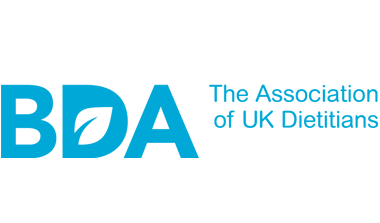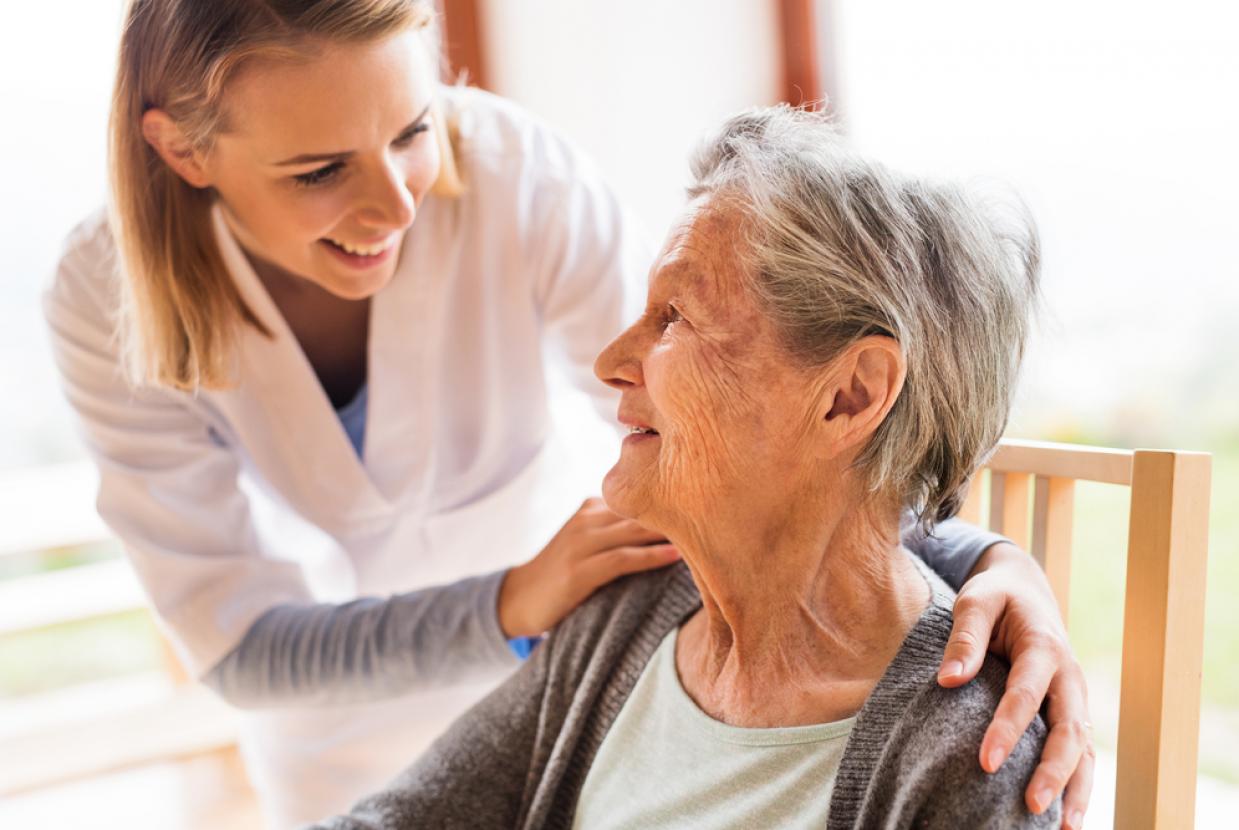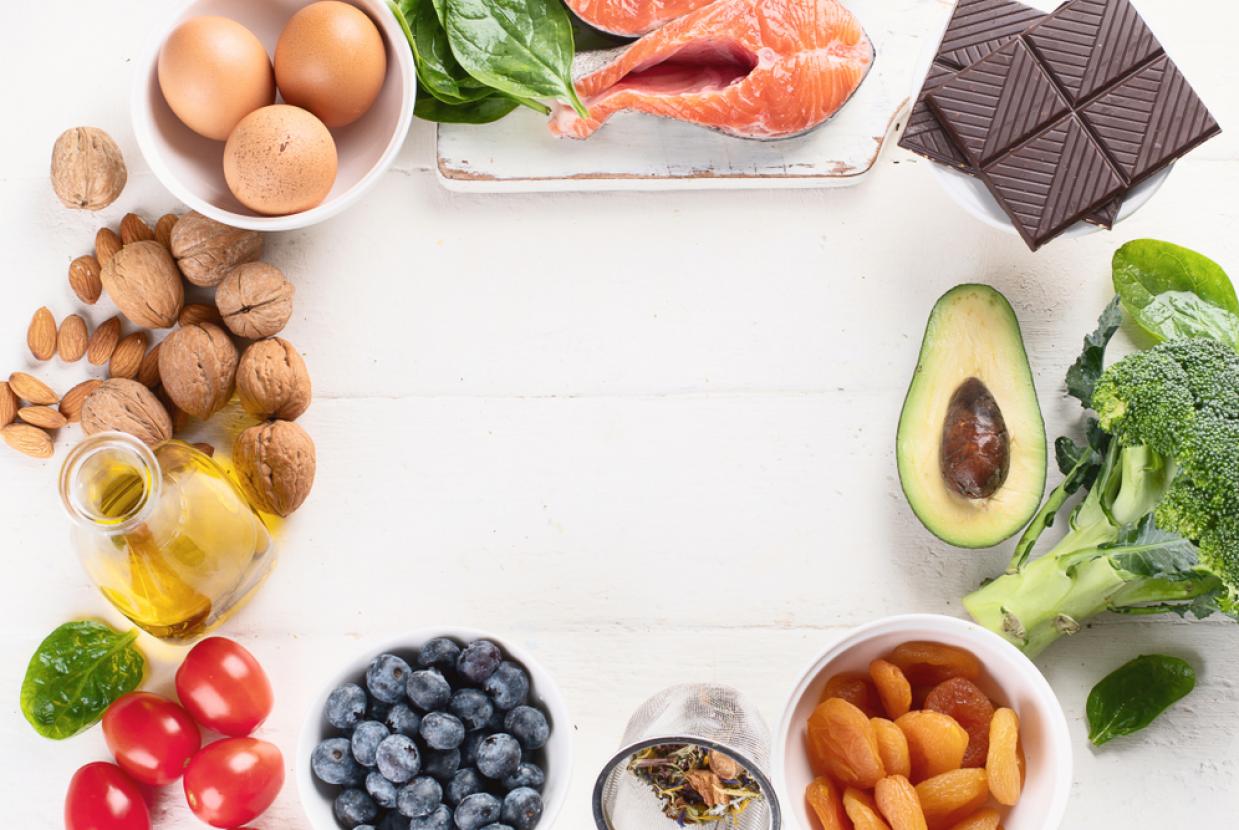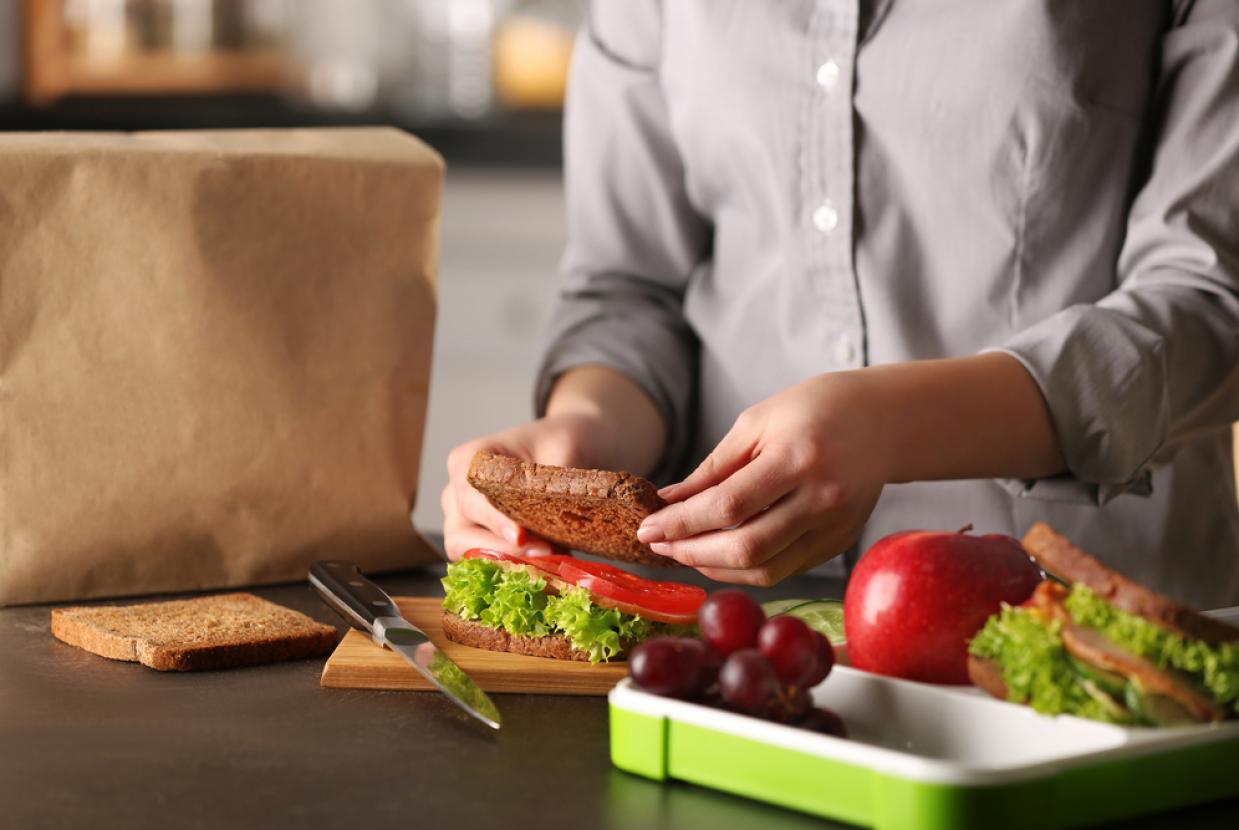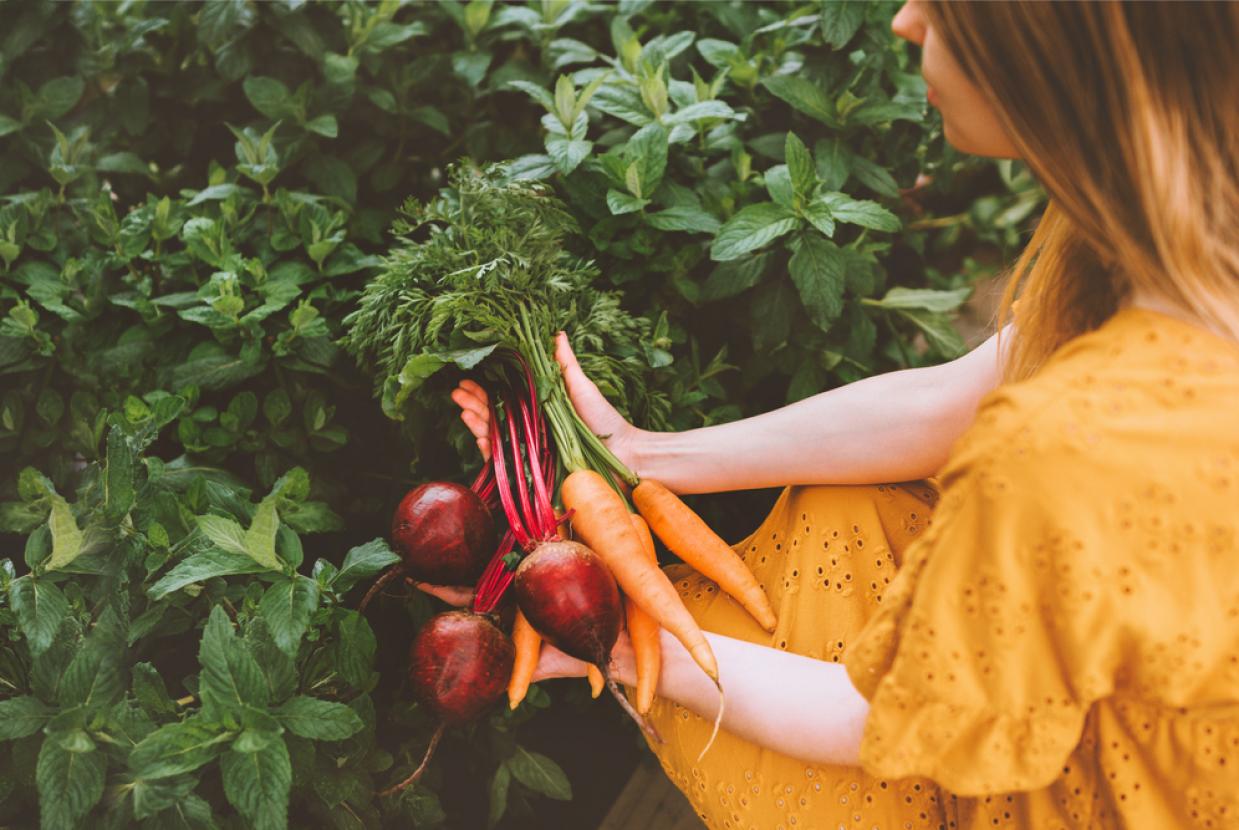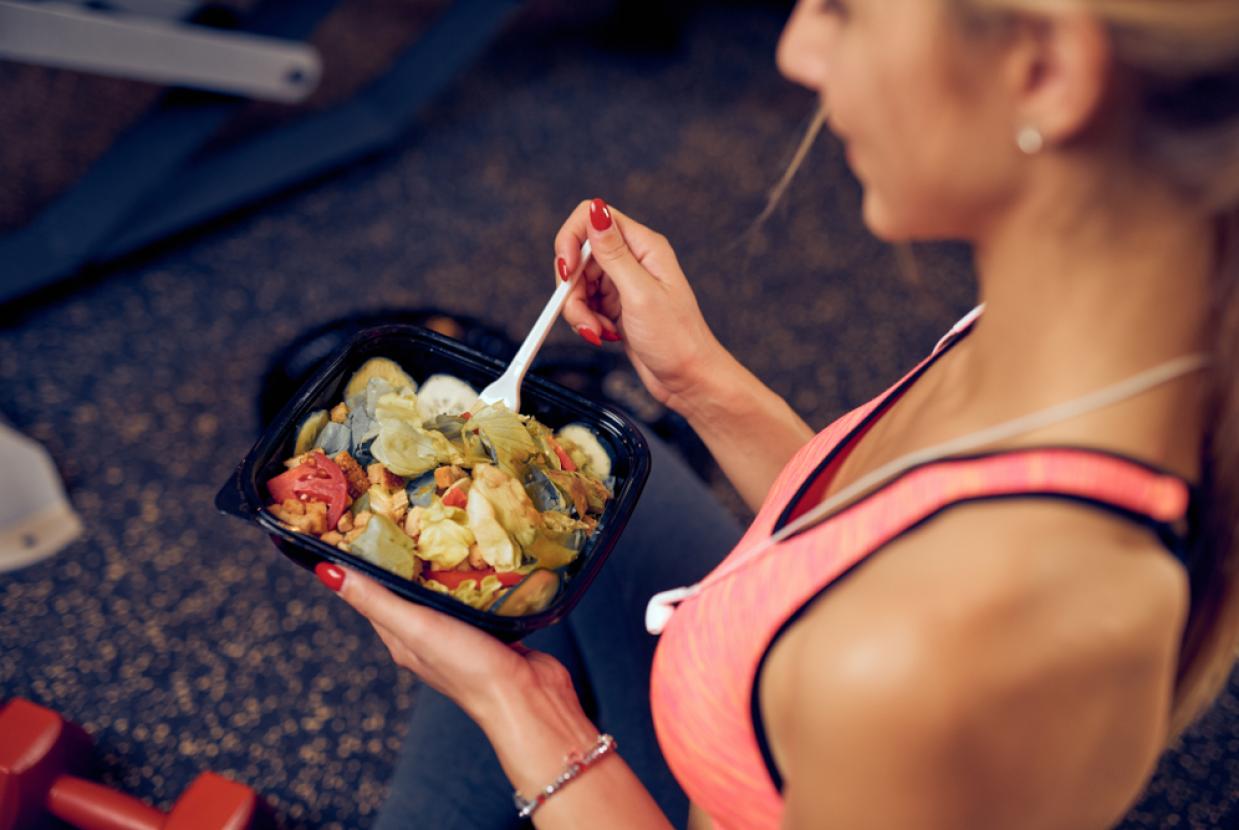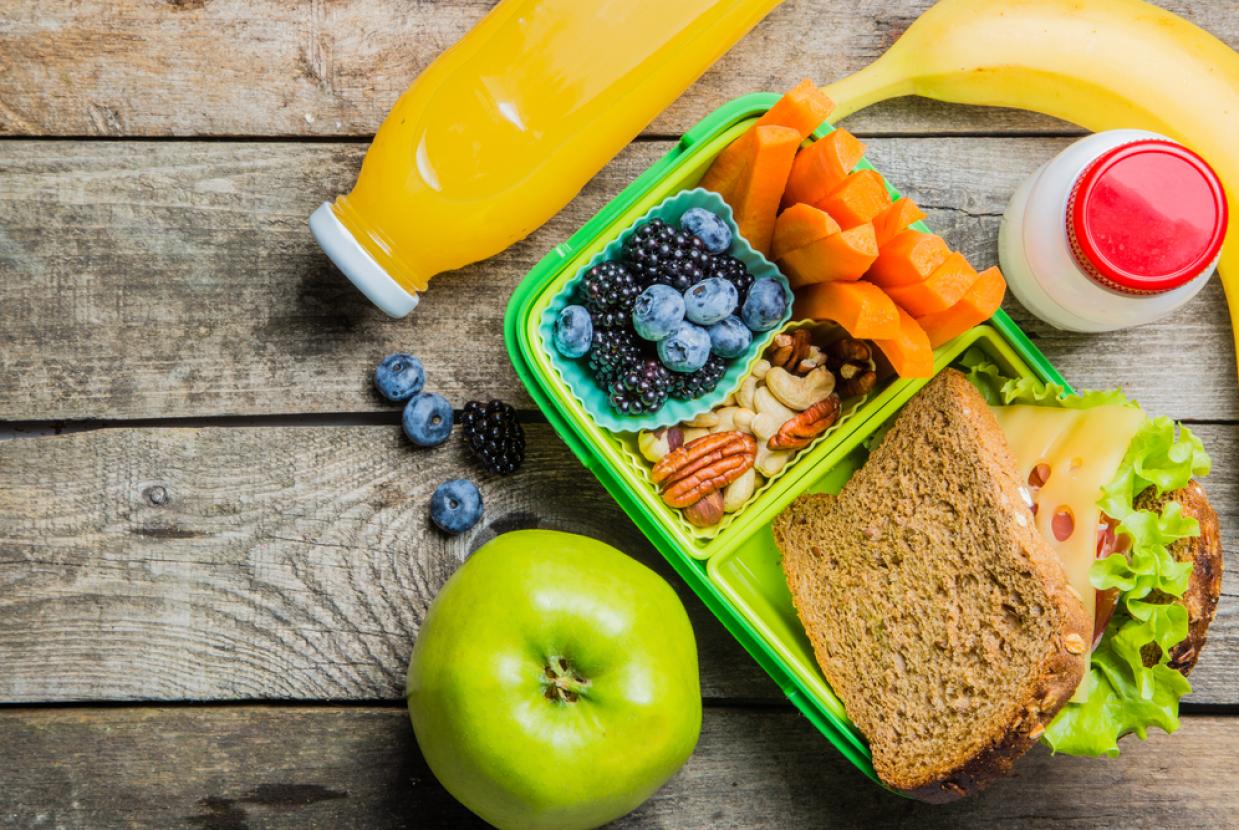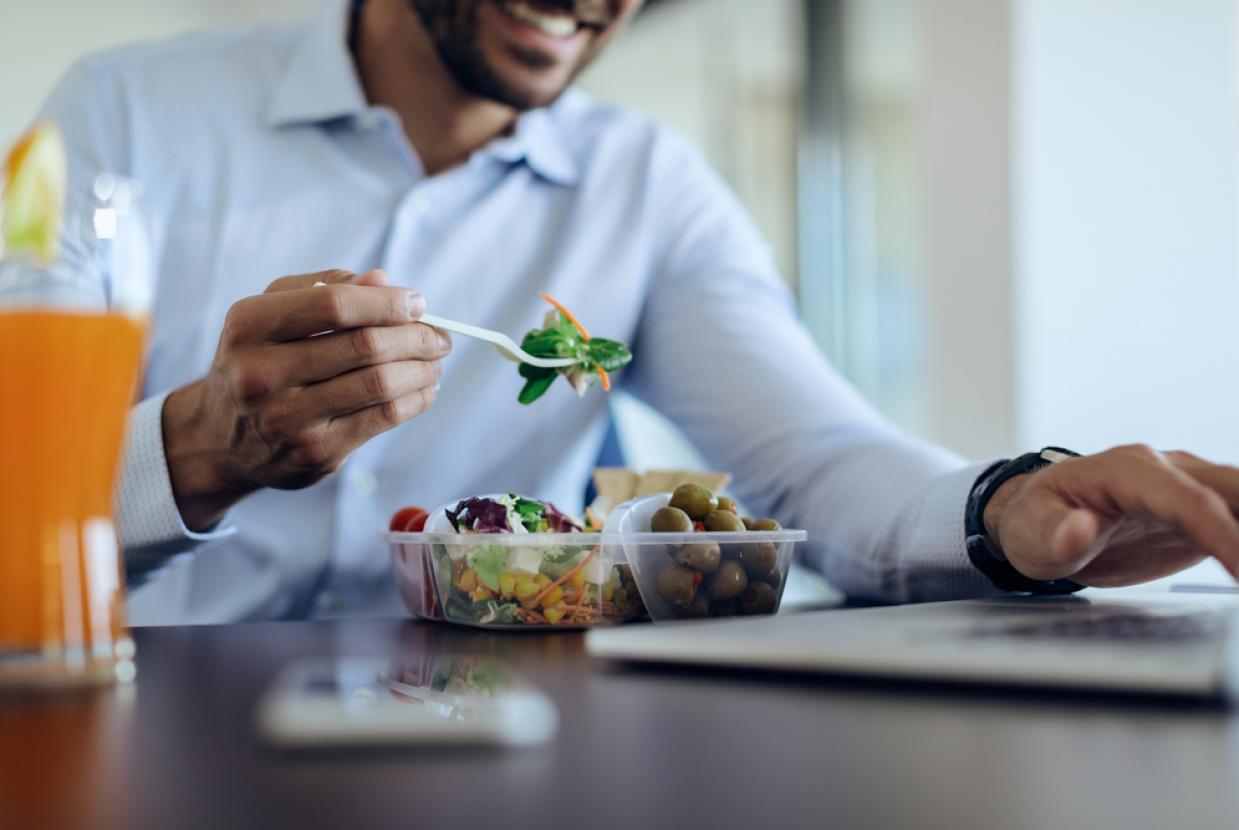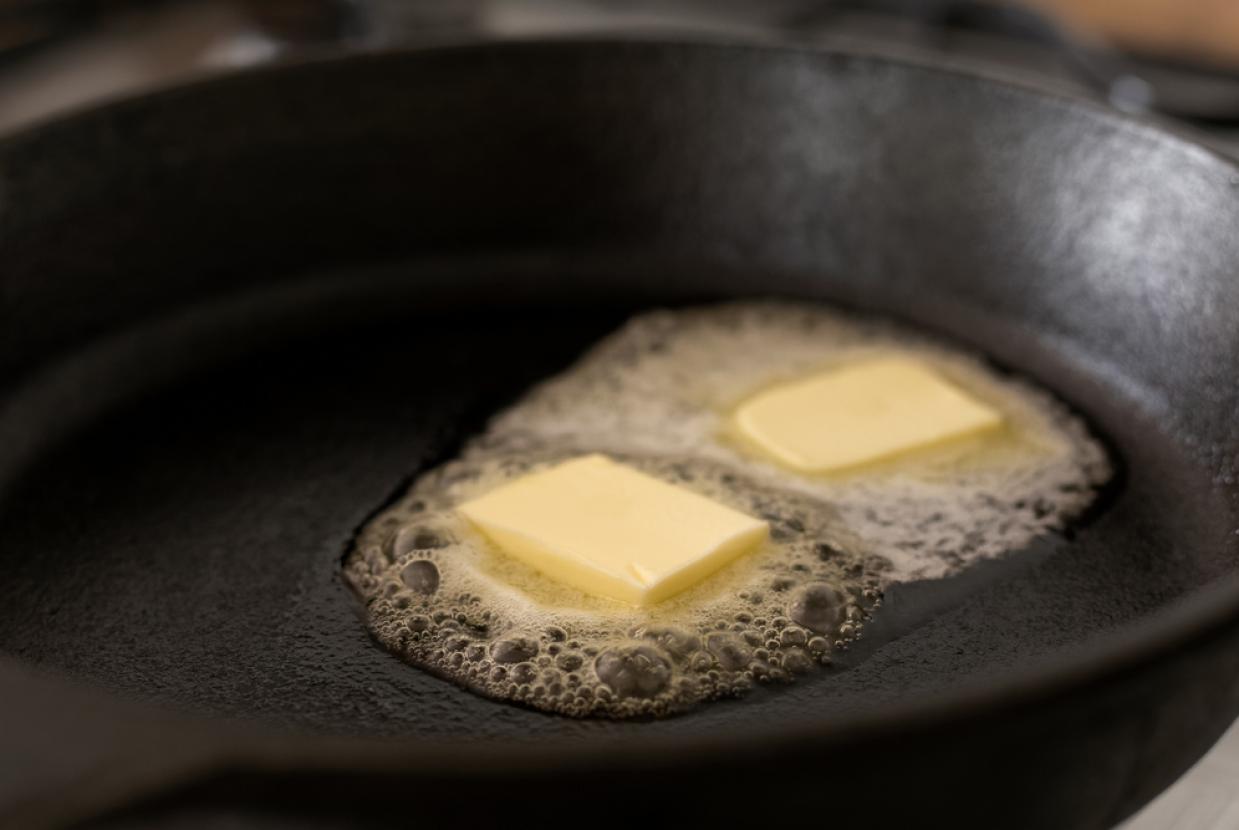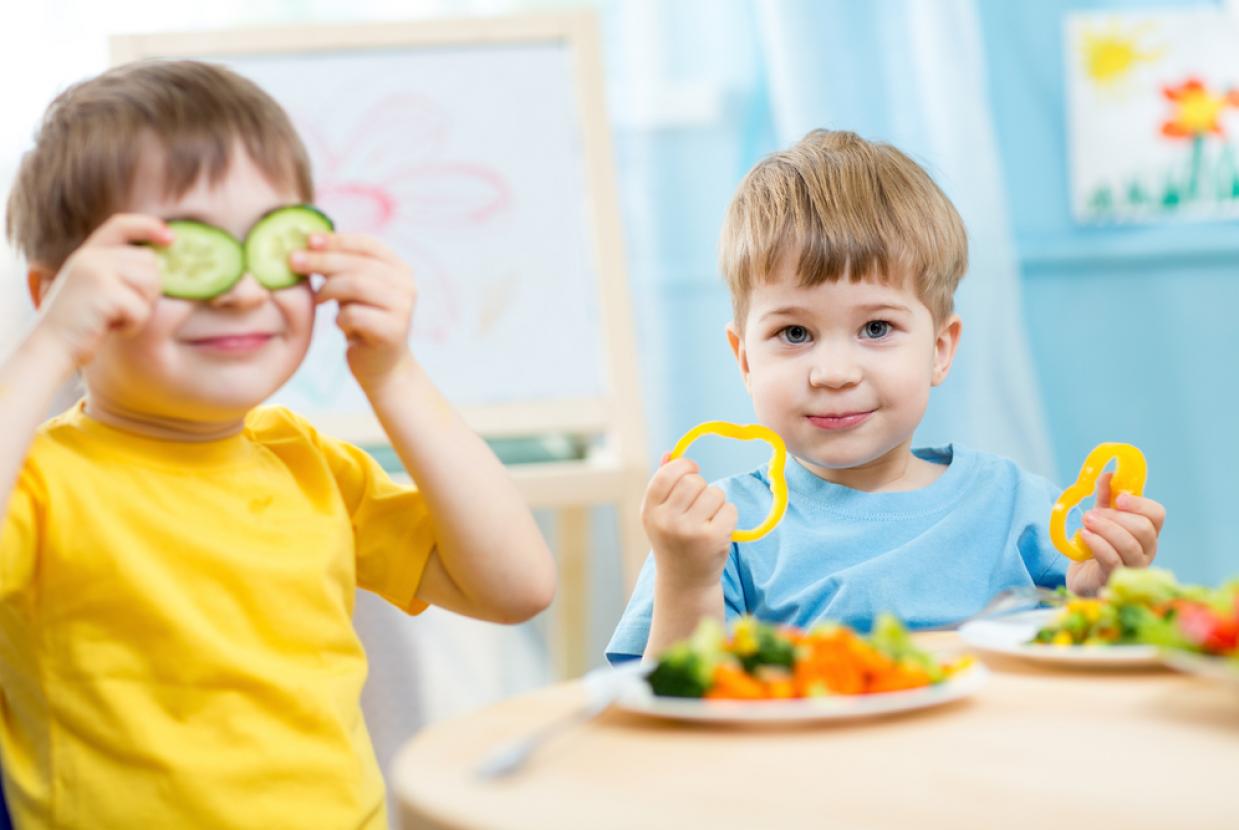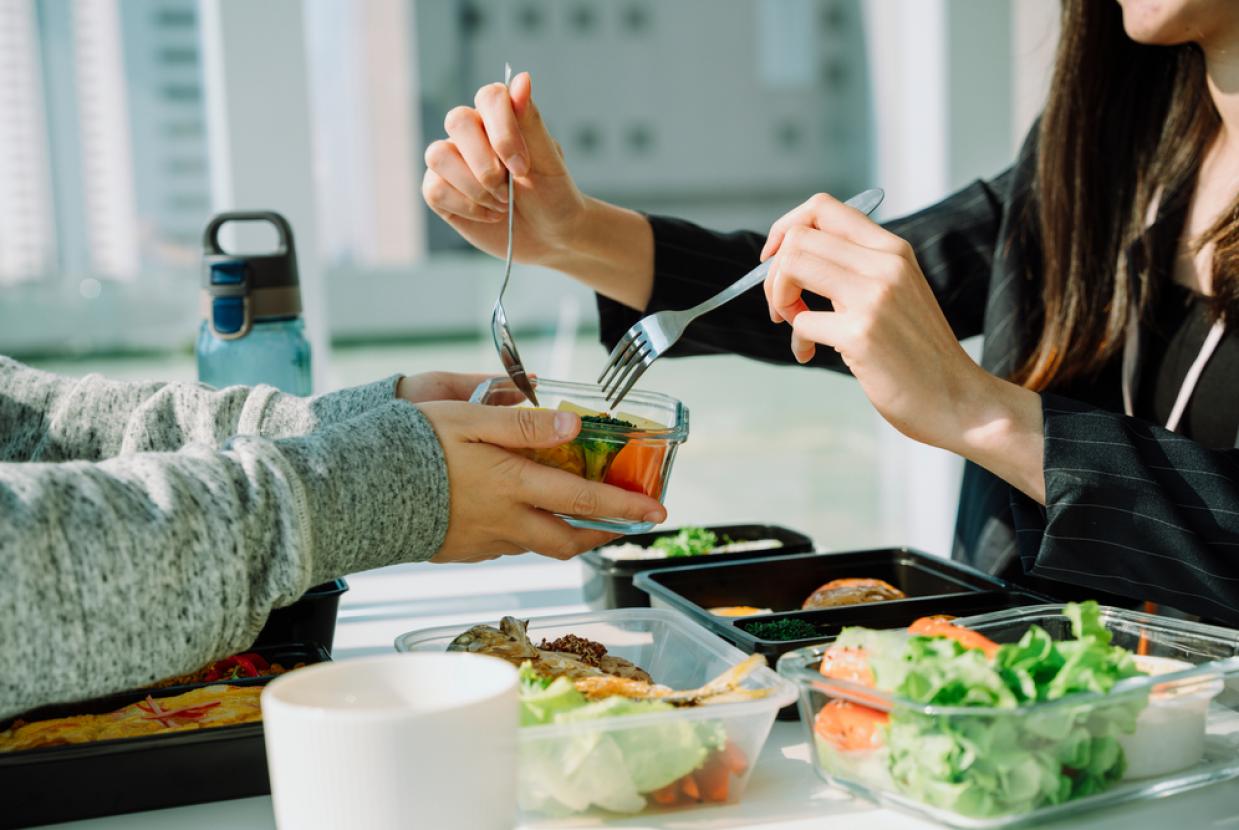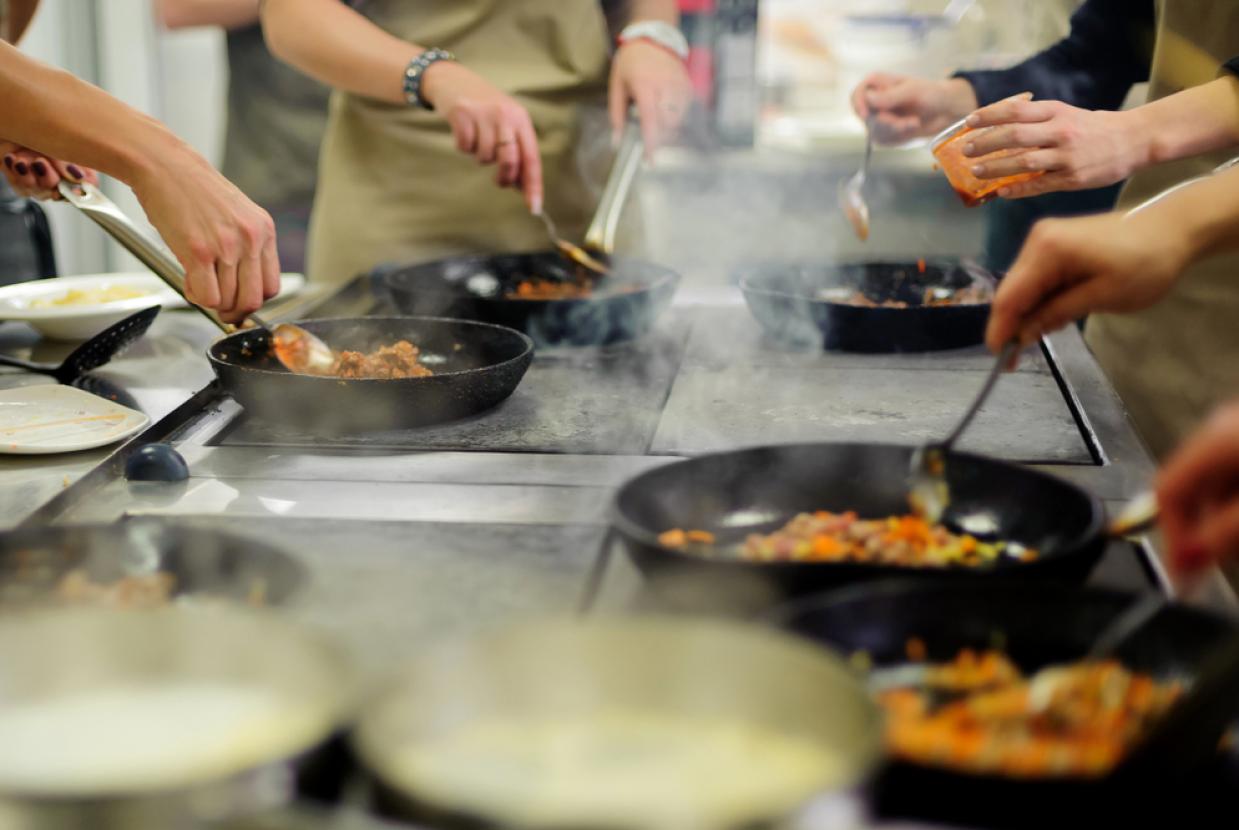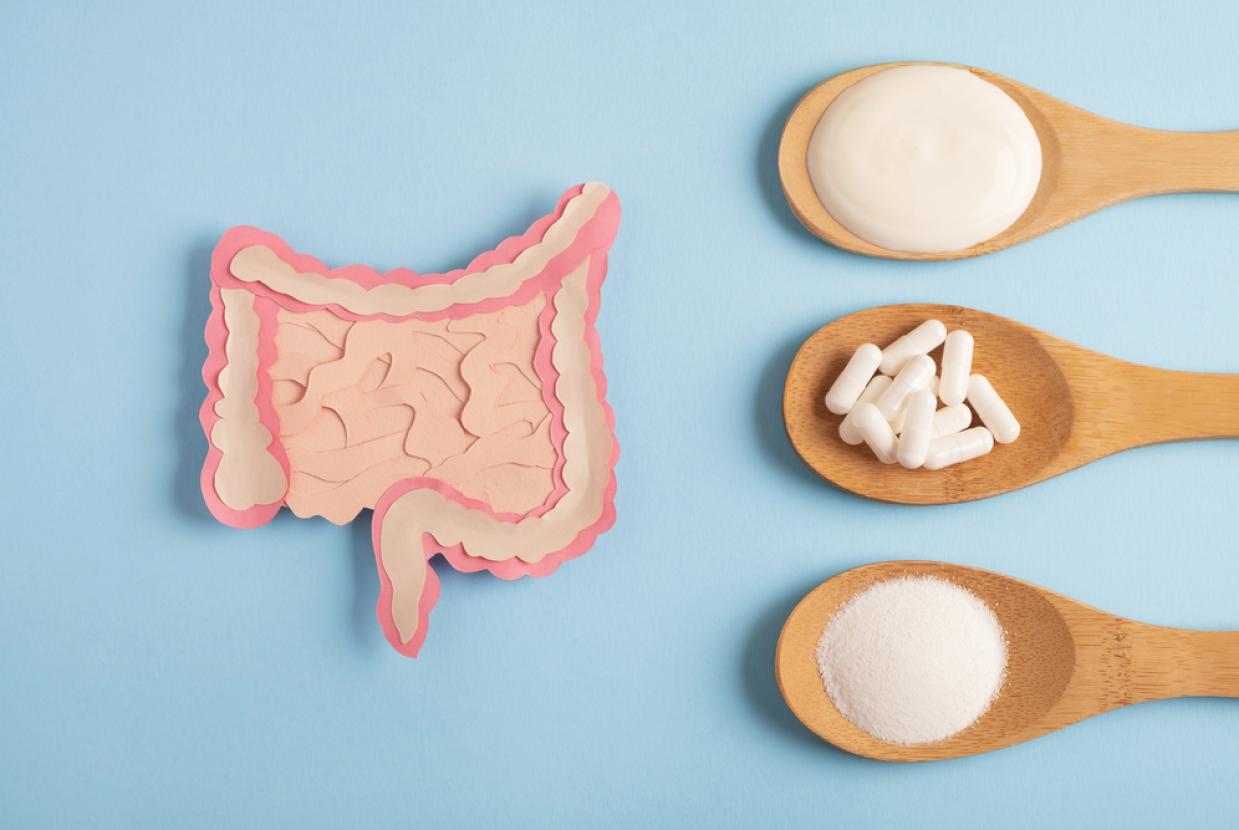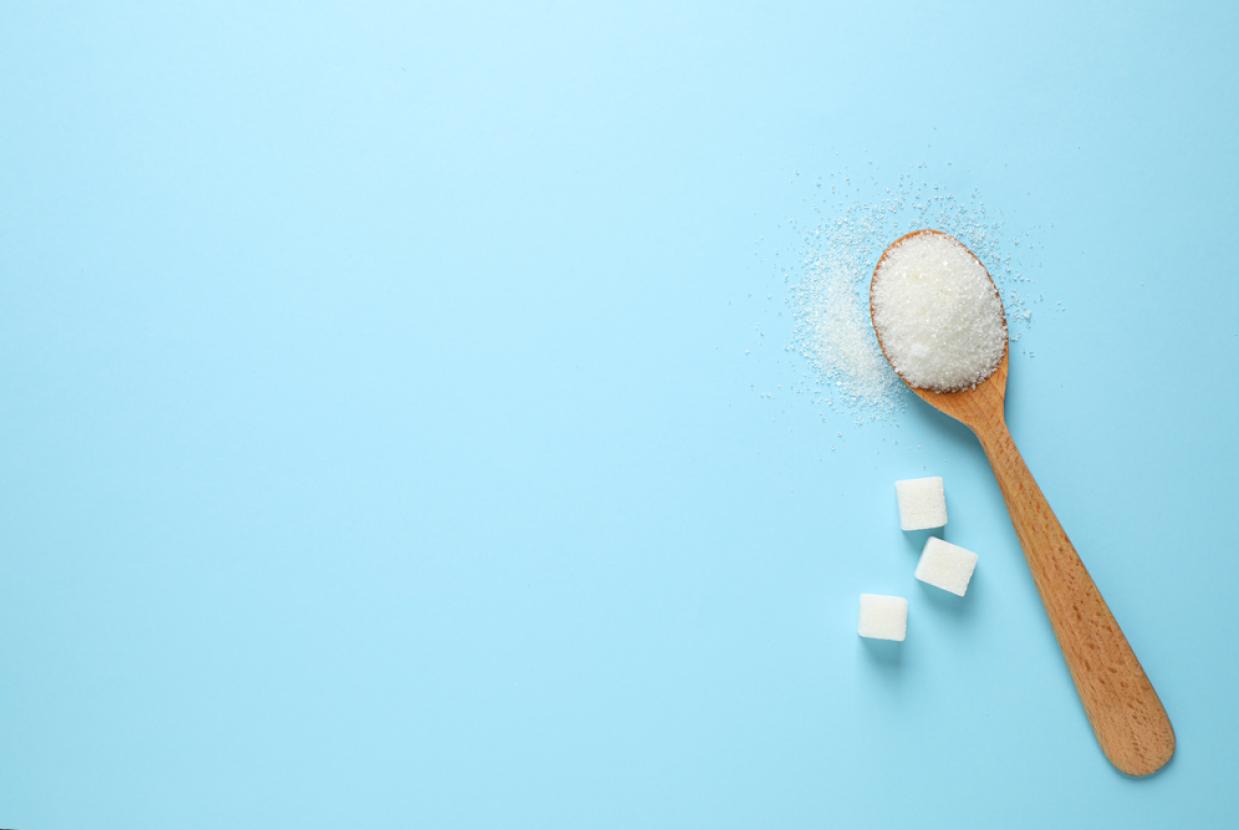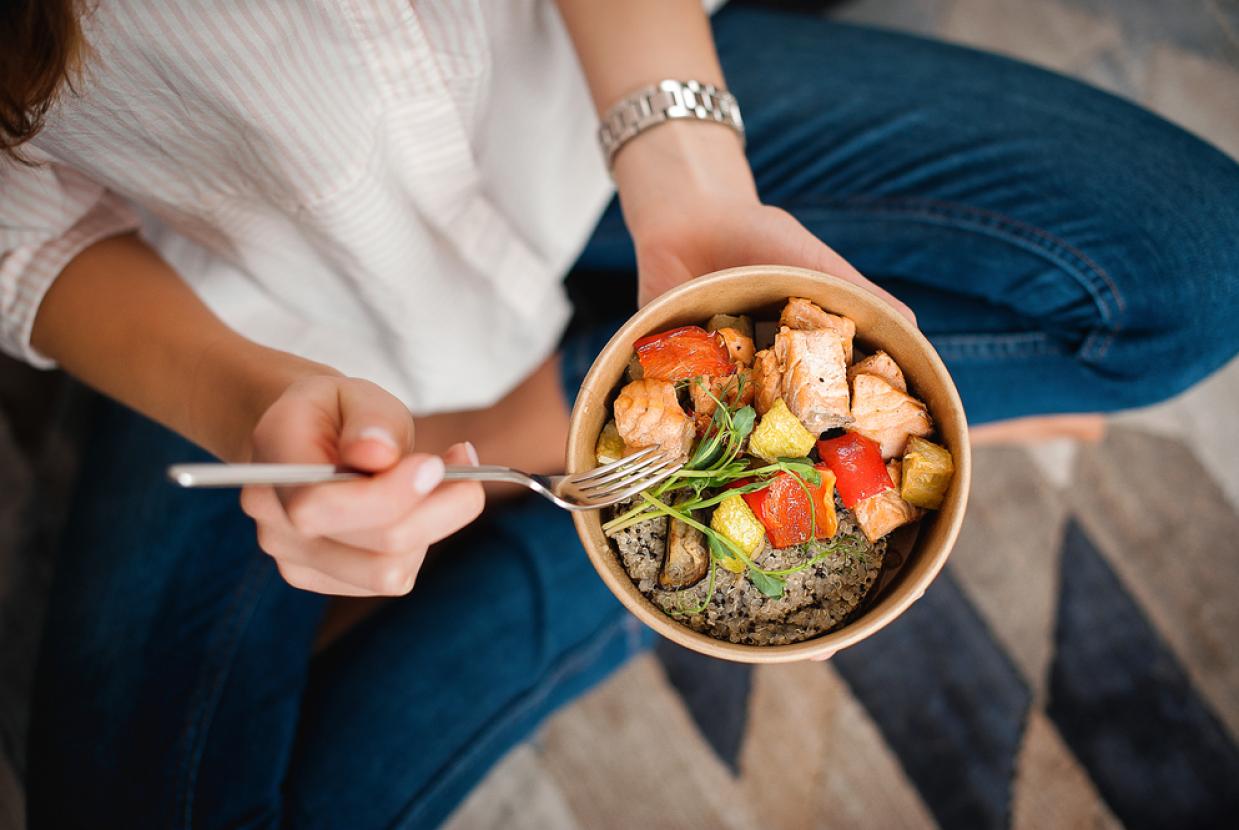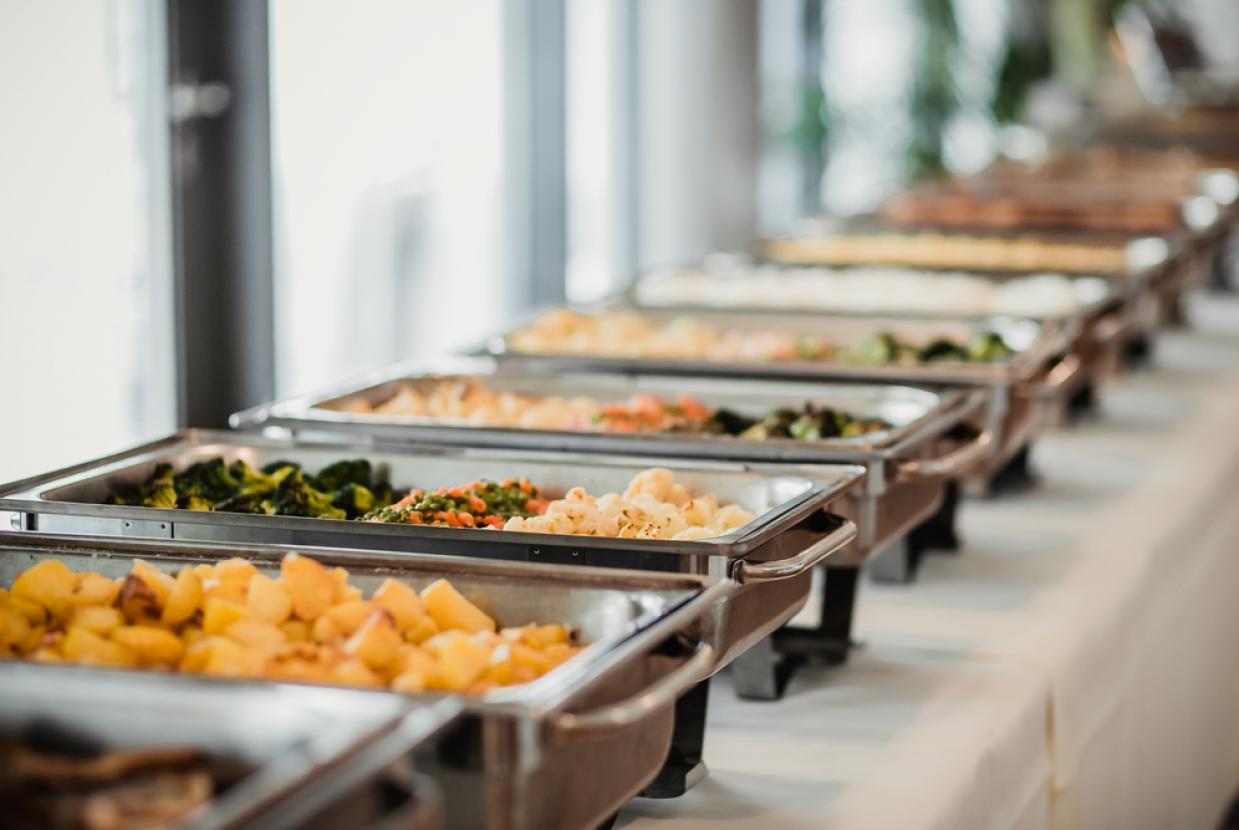Diet & Your Skin
Healthy DietSkin is the largest organ in your body. It protects all your other organs from the external environment. Healthy, youthful skin is at the top of many wish lists. If you feel like you have lost your ‘glow’ or wish to maintain healthy skin, read on for some top food and lifestyle tips to get you glowing inside and out.
Is good skin in our genes?
The majority of us are born with healthy, supple skin. As we age, our skin becomes less able to cope with everyday wear and tear.
Good skin is partly due to our genes. But the great news is that there is lots we can do to keep our skin looking its best and help our skin function at its healthiest as we age.
Feeding your skin from the inside
It may be reassuring to know that no foods should be completely avoided. Prevention is the most effective way to work against skin aging. So, eating a balanced nutritional diet, rich in anti-oxidants, vitamins and minerals is key. Vitamins A, B2, B3, B6, C, D, E, zinc and selenium are important for optimal skin health and function.
If you don’t get enough of these, it could cause medically recognised skin problems. The good news is that a varied diet provides all these nutrients. There are also proven steps you can take to help reduce skin damage.
Variety is key
The most important food tip is to choose a wide range of foods. No one food or food group can supply all the nutrients that our skin and bodies need. The evidence from lots of studies shows that following healthy eating guidelines will give you all the vital nutrients for skin health.
A healthy balanced diet, including at least 5-a-day of a variety of fruits and vegetables, provides a rich supply of antioxidants. These may help protect and repair our skin from pollutants that could cause it damage.
Getting enough of the right fats is also important. Omega-3 fatty acids come from a range of protein including low-fat dairy, nuts, pulses, fish, and lean meats.
Staying hydrated
It is very important to stay hydrated (get enough fluid). Healthy skin needs good hydration. That means around six to eight glasses a day in the UK climate, maybe more during the summer months or if you are very active.
Water, low-fat milk and sugar-free drinks including tea and coffee all count. Fruit juice and smoothies also count, but they are a source of free sugars so you should stick to less than 150ml per day.
Remember foods also contain water. Choosing water rich foods will help keep your skin hydrated and have added antioxidant benefits! Some good examples are: cucumber, tomato, spinach, broccoli, watermelon, apples, citrus fruits and berries.
Causes of wrinkles, dryness and dehydrated skin:
- Sun exposure, UVA and UVB rays
- Smoking
- A poor diet, lacking in antioxidants and fatty acids
- Excessive alcohol intake
- Lack of sleep
- Too much stress
- Your genes!
If you drink alcohol, enjoy sensibly
Too much alcohol can dry out your skin (as well causing underlying damage to the liver, blood pressure and heart). Dehydrated skin is more likely to develop wrinkles as it stops being so elastic.
If you choose to drink, you should always drink enough water alongside alcohol. It is also advisable to only drink whilst eating. Always drink in moderation, and stay below government guidelines.
If you do drink, stick within these guidelines below:
- Do not regularly drink more than 14 units a week.
- Spread your drinking over three days or more if you drink as much as 14 units a week.
What about chocolate?
There is good news for the chocolate lovers – there is no strong evidence to show that chocolate causes acne. Dark chocolate contains flavonoids, an antioxidant that may help give skin protection. Chocolate is also high in fat and sugar, so should be eaten in moderation.
What about supplements?
Food and drink will always be the best way to give your skin and body the nutrients it needs. While certain nutrients are important for skin health, it doesn’t mean more is better.
If you are following a varied and balanced diet there is no need for any supplementation. But, you should speak to your GP or a dietitian if you are worried that your food is not giving you all the nutrients you need.
Feeding your skin from the outside
Protect yourself from the sun. It is very important to protect your skin from sun damage. Ultraviolet light is invisible but powerful rays radiate from the sun. It can damage the collagen and elastin in your skin, which keep skin smooth and supple.
Too much sun can cause wrinkles, dry, rough skin, as well as non-cancerous (benign) and cancerous (malignant) skin tumours.
Never allow your skin to burn and use sun cream with a sun protection factor of at least 15. Take extra care with children and babies as their skin is at even more risk from burning.
Moisturisers and ‘anti-ageing creams’
Many skincare products claim to have powers to prevent or reverse the effects of aging skin. In truth very few of them have any quality scientific evidence to back up their claims.
There is some evidence that vitamins A, C, E when applied topically (onto the skin) can be beneficial. These vitamins are often unstable and degrade easily. Many cosmetics are not packaged correctly and by the time you put them on they may not work. So, it is important to ensure that you choose a stable derivative which is properly protected from light and air.
There are benefits to daily moisturising in the morning and the evening. It can protect your skin from the environment and stop it drying out. It is also important to protect your skin from the sun, so you should use a daily SPF, even in winter.
Other essential tips
Don’t smoke. Smoking speeds up the normal ageing process of your skin. Toxins in smoke stop the skin from producing as much collagen, which contributes to wrinkles.
Make time for relaxation and sleep. Research has shown that too much stress can affect your skin health. In our fast-moving pace of life, making regular time for relaxation is something we can often forget to do. You need plenty of sleep to help prevent your skin looking older and tired.
Be active. A good exercise routine will improve blood flow to the skins surface and will give your skin a rosy glow. It should include activity that gets the heart racing, such as dancing, running or fast walking.
Summary
Start today – get proactive in helping to prevent wrinkles and getting your healthy glow by eating a balanced diet, avoiding smoking and alcohol, and staying active.


